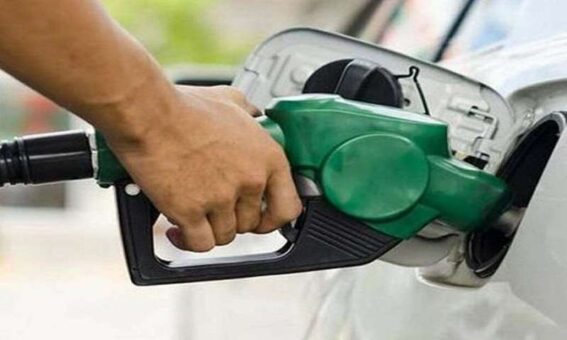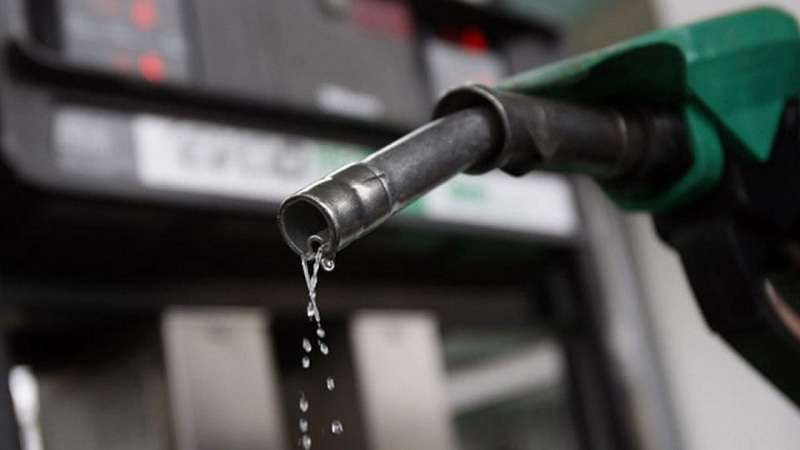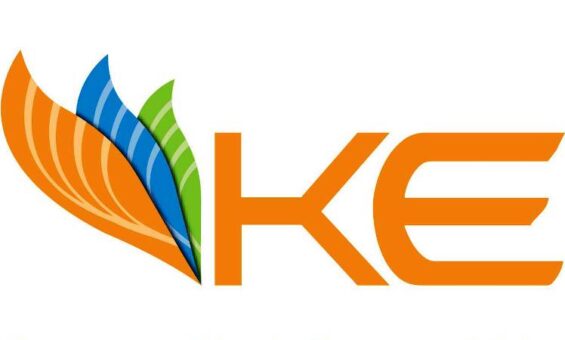Pakistan is ready to announce new petroleum prices as per schedule on March 15, 2023 for next fortnight March 16 – 31, 2023.
(more…)Category: Energy
You can go through stories related to energy. The stories are about changes in petroleum prices and updates on energy sector of Pakistan and world.
-

Today’s petroleum prices in Pakistan on March 05
Today’s petroleum prices in Pakistan on March 05, 2023 is as following, which was recently announced to be applicable mid of this month:
(more…) -

High petroleum prices bring down oil sales by 21 pc
KARACHI: Pakistan high petroleum prices have brought down the oil sales by 21 per cent year on year (YoY) in February 2023.
(more…) -

Dar announces cut in petroleum prices from March 01
ISLAMABAD: Finance Minister Ishaq Dar Tuesday announced cut in petroleum prices effective from March 01, 2023.
(more…) -

Pakistan unlikely jack up petroleum prices from March 01
KARACHI: Pakistan is unlikely to jack up petroleum prices from March 01, 2023 for next 15 days as the government already made sharp increase on the basis of rupee depreciation.
(more…) -

Pakistan to announce new petroleum prices on Feb 28
Pakistan is set to announce new prices of petroleum products on February 28, 2023 for next fortnight amid rupee appreciation and sales tax rate hike.
(more…) -

Court rejects bail application of CEO Hascol Petroleum
KARACHI: A trial judge has refused confirmation of bail application of Aqeel Ahmed Khan, CEO of Hascol Petroleum Limited, according to a communication issued on Tuesday.
(more…) -

JV formed for 330MW coal-fired power generation under CPEC
KARACHI: A joint venture (JV) has been formed for establishing a 330MW power generation from Thar Coal under China Pakistan Economic Corridor (CPEC).
(more…) -

Today’s petroleum prices in Pakistan – February 16, 2023
Today’s petroleum prices in Pakistan as of February 16, 2023, which will be applicable till February 28, 2023, if not changed earlier by the government are:
(more…)
